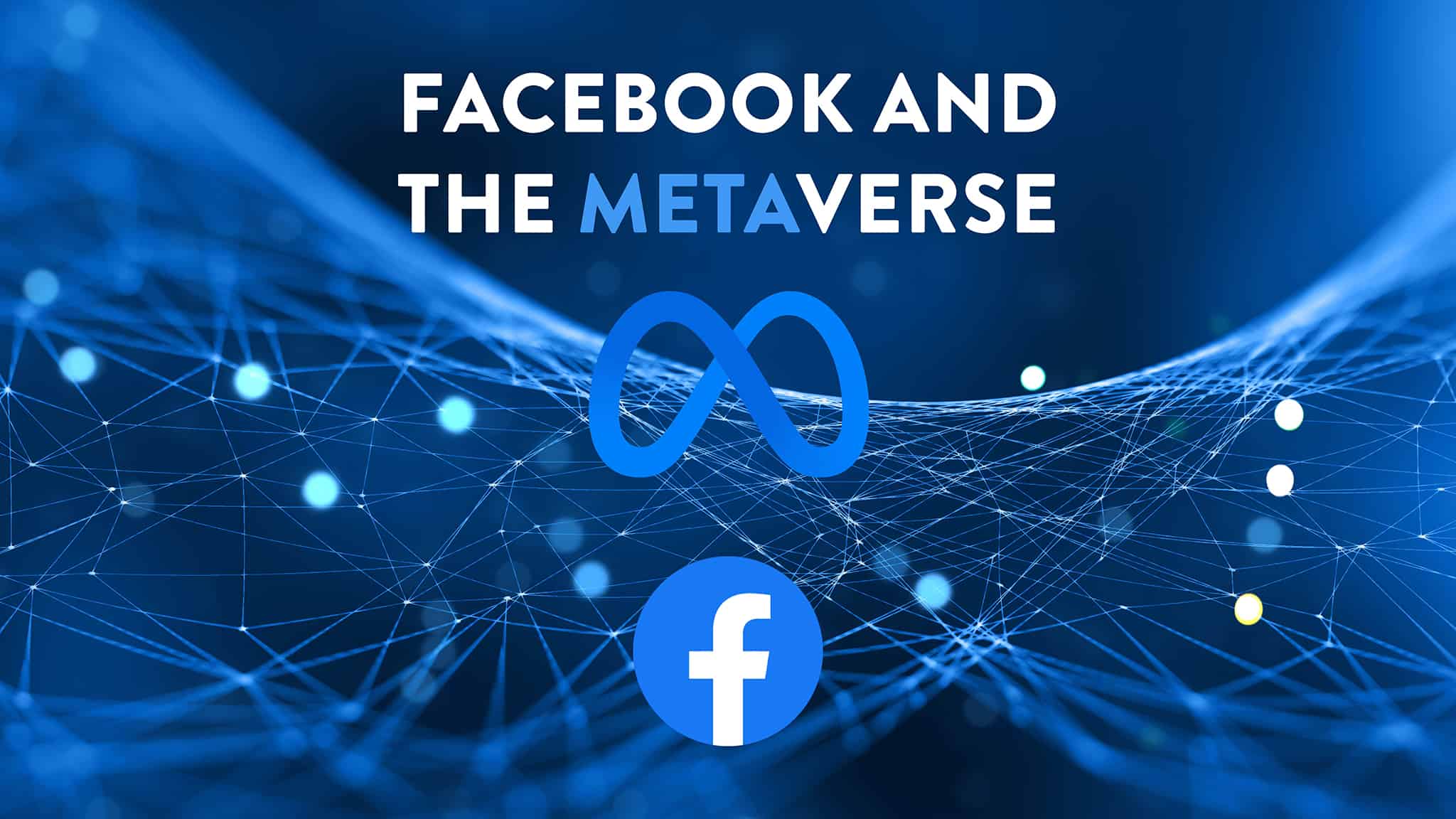by Nicole Borg
Facebook has been hailed one of the most popular, if not the most popular Social Media platform for several years, following a couple of university students getting together to create it. Recently, many have seen the mother brand that owns Facebook, Messenger, Instagram and WhatsApp, among other platforms, change its name to Meta in an effort towards the next evolution of social media.
One quick look at the Meta website tells us how the company behind Facebook has made it its mission to bring the metaverse to life and therefore, they also felt the need to change its name to reflect its commitment to the future.
What is the metaverse, you ask?
Essentially, for years techies have been studying and looking into ways through which they can make virtual experiences truly immersive. So far, we have been able to experience the online world by looking at it. The metaverse will allow us to experience the online world by being in it. One would be able to meet friends, work, create, shop and more. It aims to find a way through which it allows people to feel as if they are physically present and with other people from anywhere.
Labelling the Metaverse as the successor to mobile internet through a video introduction, Mark Zuckerberg, the CEO of Meta explained “when I send my parents a video of my kids, they’re going to feel like they’re right in the moment with us, not peering through a little window. When you play a game with your friends, you’ll feel like you’re there, together, in a different world, not just on your computer by yourself. When you’re in a meeting in the metaverse, it will feel like you’re right in the room together, making eye contact, having a shared sense of space and not just looking at a grid of faces on a screen.” Zuckerberg went on to insist that this is not being done in order to increase even more the time we spend on screens, but its only a means to make the time we spend there better. He remarked that technology should be created in a way that it truly encompasses the way humans live and interact in the world.
Therefore, one can say that the quality that defines the metaverse is in fact the feeling of presence. Something which the technology we have available today can’t yet deliver.
The Metaverse has the power to change the way we interact with brands
From all that we have learnt so far, there’s one thing that is for sure: the way we interact with brands and businesses is going to change once this metaverse fully comes to life. In fact, businesses will also need to work towards reshaping their modus operandi to succeed, particularly if they still have not in some way, shape or form, taken their business online properly.
For example, those who hate having to go out, take the car and spend hours walking around isles to fill in their pantry with groceries will be to simply go to the virtual store and as if they were physically there, pick items off the shelf and pay online with the delivery of the items to be made a few hours later. You might say, but can’t I technically do this already thanks to several services available either through the business itself or else through apps like Wolt and Bolt Food? The answer to that question is yes, but the experience is different. When purchasing through a website, you either must stay scrolling or searching via your computer and using a keyboard. Something that can be time consuming. Through the metaverse you can virtually visit the shop and within a shorter time span do your shopping in a more immersive and quite frankly less boring way.
Where is Meta at with its progress towards building this metaverse?
Understanding that there’s indeed a lot to be done to create what at the end of the day can be named as an online universe, Meta has already kickstarted work on several elements that could contribute towards its eventual creation. So far, Meta has been working on the following:
- Virtual reality – One of the main experiential tools would be creating the perfect headset for full virtual immersion. Through the technology names Quest 2, one would be able to meet friends by wearing the headset and together joining concerts, movies, sports events and more immersive experiences.
- Augmented reality – Another tool that is being developed is called Spark AR. This tool allows people to create and share augmented reality experiences that can reach billions around the world. The tool helps enhance virtual experiences using effects.
- Smart Glasses – Another product that Meta has been working on is in fact Smart Glasses. Such a technology will become a gateway into the metaverse itself. The Ray-Ban Stories smart glasses are the first generation of such glasses. So far, these glasses allow you to listen to music, take phone calls, and use dual integrated cameras to capture photos and videos from the user’s unique perspective.
However, all of this might take a while to become available
While all the above sounds super exciting, it’s not as simple to create as one might think. It can’t be the effort of just one company, but it needs simultaneous efforts from tech giants that don’t just have the workforce but also the capital to support bringing such a technology to existence. Companies that are thought to be, and act like they are rivals, such as Apple with its iMessage and Meta with WhatsApp, need to find a way to work together. For instance, up until now neither service is compatible with the other and the main reason behind this is essentially competition.
Before companies that are each other’s competitors learn to work together, this metaverse might not actually become this amazing immersive reality it aims to be. For this to work as it is intended to, then everything that people use when online needs to be made accessible via his metaverse, otherwise this virtual reality will become disjointed.
In an article focused on the metaverse concept, Gadgets hypothesised on whether the metaverse would ever kick off in Malta. It explained how Malta tends to start following trends a little bit later than the rest of the world because it tends to operate at its own pace. It’s also a case of locals wanting to make sure that something is worth the hype and the investment before truly jumping onboard. But we believe that this is not only limited to Malta but several other countries who would have to take a leap of fate and join this virtual immersive world, or else remain completely cut off. At this point in time, there’s no way of telling what will happen. We will just have to wait and see.


